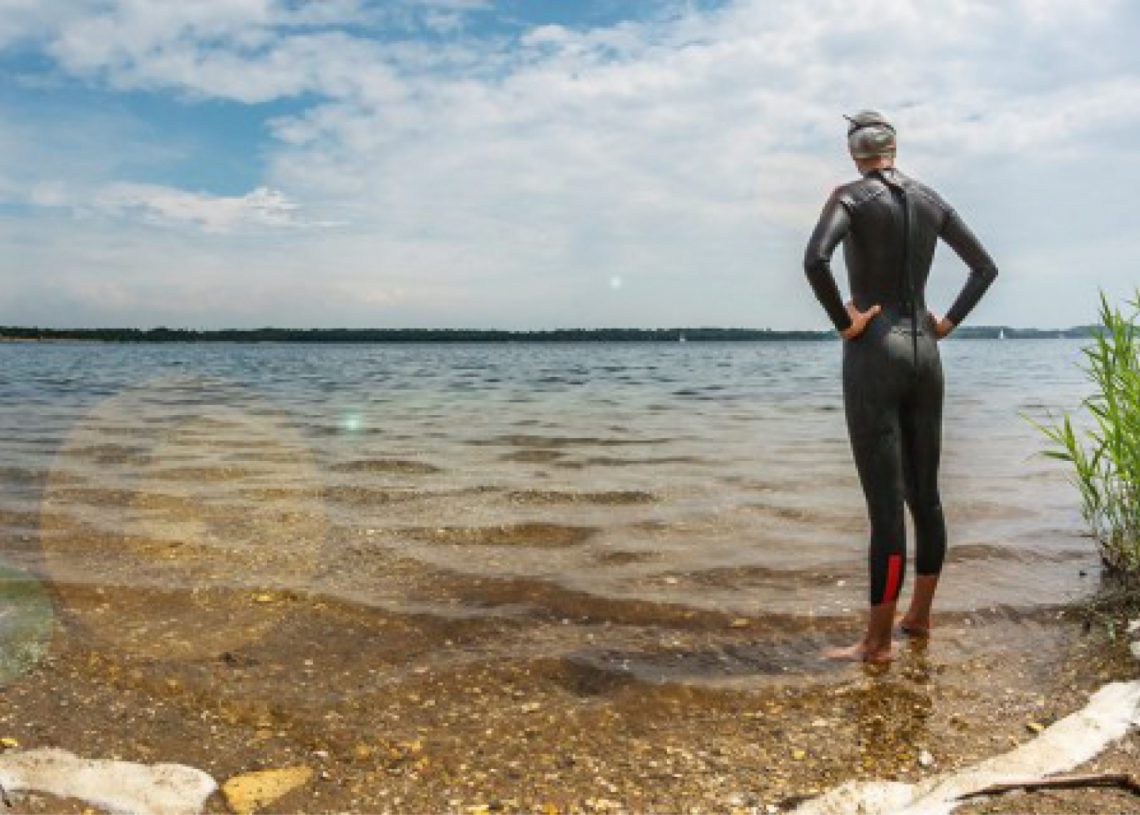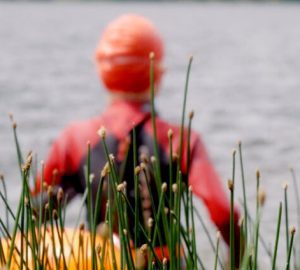
New plan a ‘missed opportunity’ to urgently tackle sewage discharges
Swim England responds to the Government’s plan to prevent sewage being pumped into the country’s rivers, lakes and seas
The Government has published a ‘Storm overflows discharge reduction plan’ to crack down on sewage spills, which it was required to publish by 1 September as part of the Environment Act. In the plan, the Government promises that “water companies will face the strictest targets on pollution from sewage ever”.
The plan will require that water and sewage companies deliver an “environmental infrastructure investment” of £56 billion over 25 years, as part of a long-term programme to tackle storm sewage discharges by 2050. Earlier targets will be set for designated bathing waters and high priority ecological sites.
The targets will involve water companies taking measures such as increasing the capacity of their networks and treating sewage before it is discharged to protect public health and prevent pollution. They will also be required to massively reduce all discharges.
Swim England responds
Swim England has responded, claiming that the new Government plan is a “missed opportunity to urgently tackle the huge damage being done to our precious water environments”.
Chief Executive, Jane Nickerson says the newly-published ‘Storm Overflows Discharge Reduction Plan’, which aims to reduce the amount of storm overflows discharging sewage into waterways, needs “far more ambitious targets”.
The new plan follows the enormous public outcry not only at the poor quality of England’s rivers, lakes and seas in general – only 16 percent of England’s rivers and coasts meet the minimum ‘good’ ecological status – but also the recent high profile instances of sewage pollution closing beaches across the country.
A vast problem
The scale of the problem is enormous. In 2021, water and sewage companies reported 372,533 spillages, for more than 2.6 million hours.
“Building on the requirements set out in the Environment Act, there are some positive steps around better monitoring of discharges, which will be crucial to give an accurate picture of the health of our waterways in real time,” said Jane. “The recognition of the need for increased support for nature-based solutions to keep storm water out of sewers is also welcome.”
Swim England stresses, however, that more ambitious targets are needed. “Overall the plan set out by the Government feels like yet another missed opportunity to urgently tackle the huge damage being done to our precious water environments, wildlife and to protect the health of those who enjoy the water for recreation.”
Under the plan, water companies will have to improve storm overflows discharging into or near designated bathing sites by 2035. And this will apply to all remaining storm overflows by 2050.
“What was needed were far more ambitious targets,” said Jane. “Only half of overflows will be improved by 2040 and we continue to believe this is too far in the future.”
Calls for more designated bathing sites
Swim England argues that the Government’s prioritisation of protecting designated bathing waters highlights the importance of their calls for more inland waters to be granted bathing water designation.
“Currently only two stretches of river have such a designation, and we continue to push for far more inland sites to both send a clear message that these locations should be open for people to enjoy and to help drive the environmental improvements that are so desperately needed.”
The Government says it will review the plan in 2027 to determine whether it can go further and faster.
You can read the Government’s full Policy Paper here. Swim England is the national governing body for swimming, diving, water polo, open water swimming and synchronised swimming in England. You can read their full response here. Keep up with the latest news affecting swimmers on our news page.








